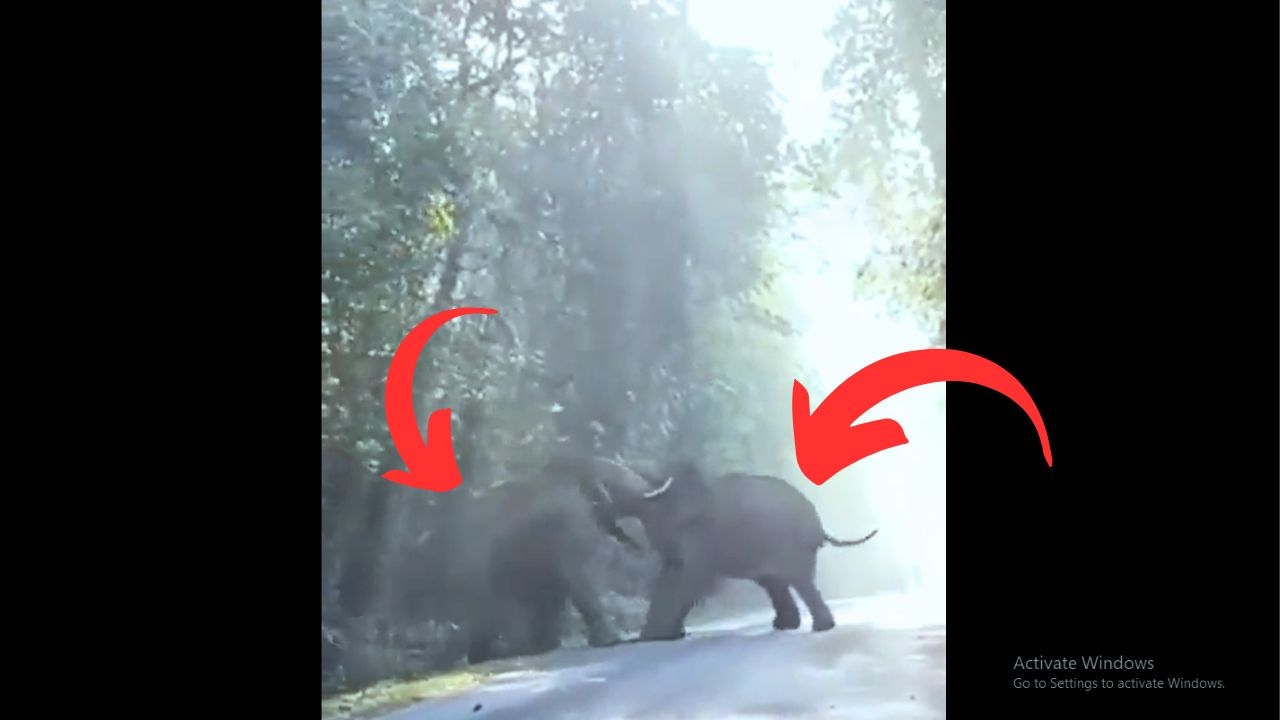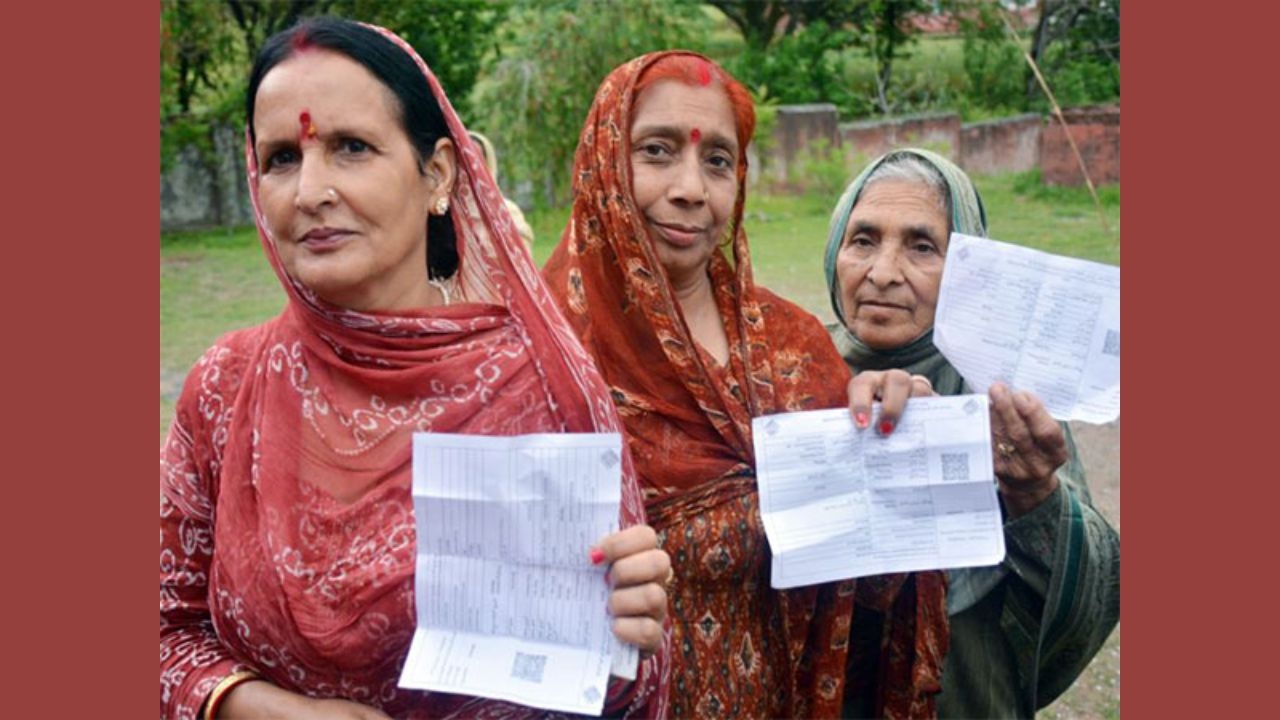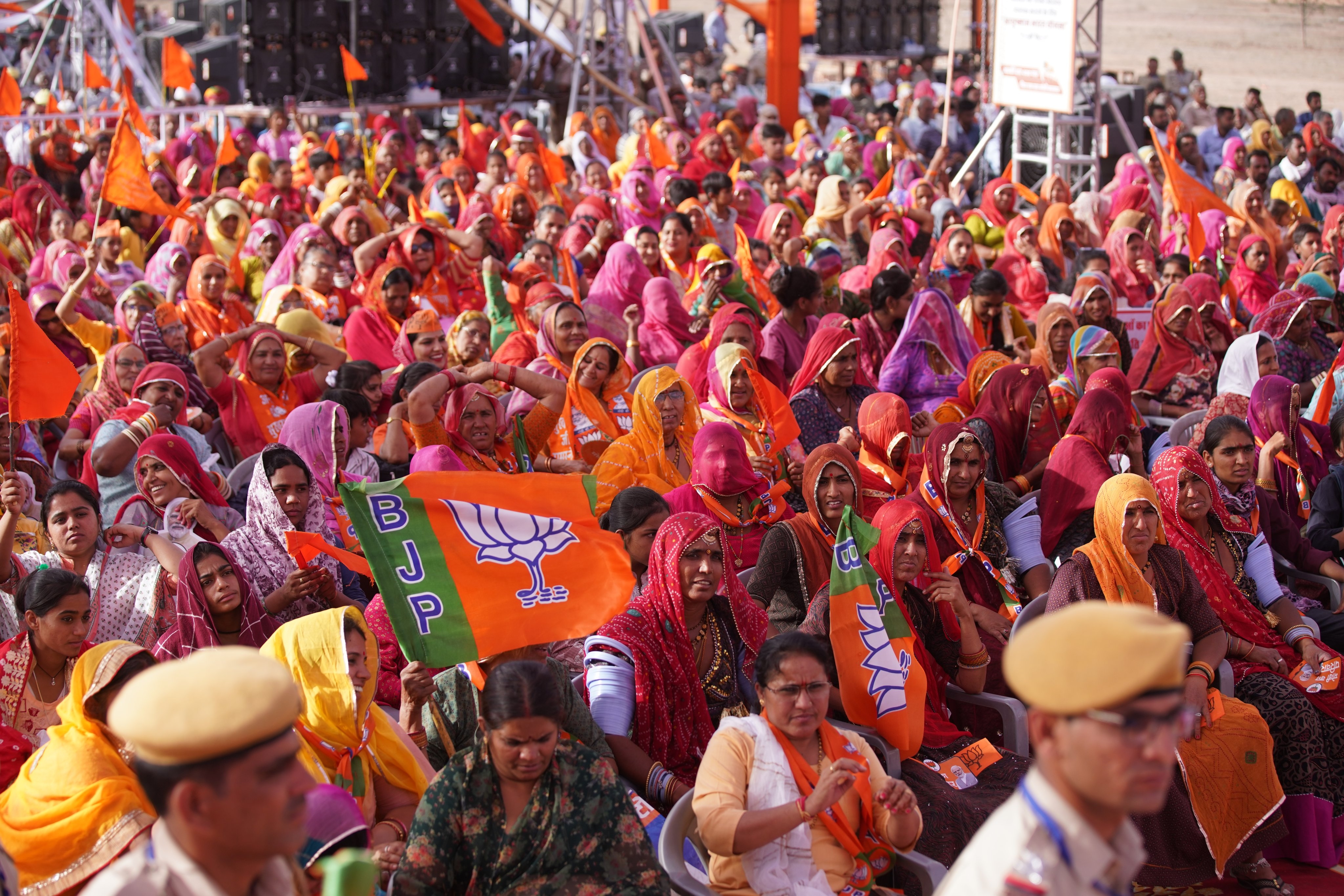All aboard the Mastani Express: Biharis find ways around prohibition
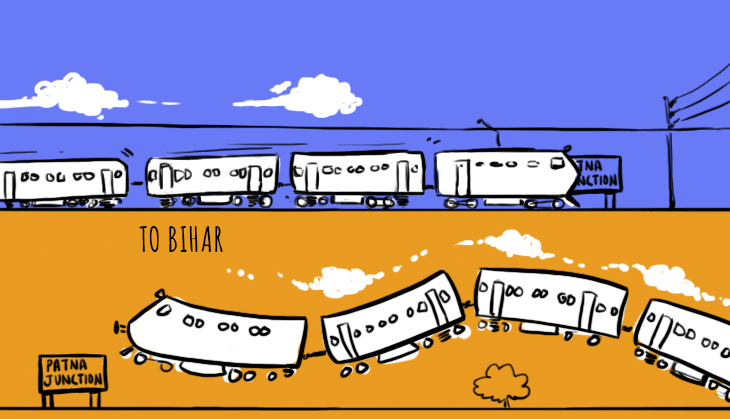
The Bihar government opted for complete alcohol prohibition last month. Since then, the administration has shown great seriousness in implementing the ban, with raids being conducted every day, and many arrests being made.
Read- Dry run: Bihar bans liquor in rural areas, restricts sale in urban centres
Chief Minister Nitish Kumar, in fact, has gone to the extent of stating publicly that either his government will survive or liquor traders.
While the shutters have been drawn on shops across the state, bar and restaurant owners have approached the judiciary for intervention. Their petition before the Patna High Court terms the government's decision as 'arbitrary'.
What's more, their lawyers have decided to invoke legendary poets like Ghalib and Zauq against the ban.
Dominating public conversation
The topic is dominating public conversations. The new reality is slowly sinking in, especially for those who are fond of their drink, and there are heated debates about the ban from third AC train compartments to narrow 'video coach' buses running across the state.
Normally, the conversation begins with someone justifying the ban. Then, it suddenly veers towards the allegation that Nitish himself was responsible for opening liquor shops in almost every village.
Another person then usually chimes in with an age-old argument: "Habitual drinkers can't become saints overnight. They will manage to arrange liquor through 'jugaad'."
The primacy of jugaad
Jugaad, roughly 'any means necessary', has become the buzzword for alcohol-lovers in Bihar these days. Those who are good at it manage to satiate their craving, while the others are forced to look at other options.
Among serious alcoholics, bhaang and the smoke-up forms of marijuana have emerged as the preferred alternative. Bhaang has even acquired a nickname - 'Shaanti Booti'.
Also read: Nitish declares prohibition in Bihar. Is it worth the cost and effort?
But those who still can't resist the temptation of a 'maikhana' (bar) look for innovative ways to dodge the ban. They are even willing to risk being caught by the police.
A local newspaper claims that over 1,000 people have been arrested for drinking, possessing or smuggling liquor, and the figure is rising alarmingly each day.
Here are four forms of jugaad that are chiefly used to flout the ban.
1. Family ceremonies, like marriages
Family celebrations often provide a socially acceptable platform for drinking. And while in the past, the inebriated would be dancing front and centre in a baraat, now the liquor bottles are kept under wraps and accessed surreptitiously. Only the organisers or close relatives are allowed to partake of it, in order to keep things quiet.
Recently, I had the chance to attend a wedding in Bihar. The baraat was at the door. The groom was adorning the stage with a 'jaimala' (garland) in his hands.
Suddenly, somebody whispered to a person standing near me: "Aa gaya hai. Peeche aam ke ped ke paas aa jao (It has come. Come to the mango tree in the backyard)."
I was honoured to receive an invitation to the mango tree, since it was given only to a select few. Just about 10 people assembled near the tree, and had just one bottle to enjoy.
2. Crossing the borders
Bihar is surrounded by Jharkhand, Uttar Pradesh, West Bengal and Nepal. Liquor flows freely in all these neighboring areas. This provides an easy solution.
Anyone who wants a drink can simply walk across the border to get a bottle. In fact, even the paan shops on the other side have started to sell alcohol.
Read more- Uttar Pradesh: Liquor sales increase in Ballia district after prohibition in Bihar
According to a report published in the local edition of Dainik Bhaskar, around 25 people cross the international border with Nepal every day, just to drink.
The Bihar government has requested the governments of Jharkhand and Uttar Pradesh to ban liquor sale within three kilometres of their side of the border.
3. Travelling on 'Mastani Express'
Most express trains running from Patna to Delhi pass through Mughalsarai, the large railway junction near Varanasi. It is, on average, a four-hour journey.
It has become the favourite route for drinkers who can afford the fare. A large number of them are reportedly government employees, who leave Patna Secretariat at 5 pm.
"The express trains going to Delhi in the evening are becoming popular as 'Mastani Express'. I know a person who took friends to Mughalsarai for party. They went on an evening train, and came back late in the night," says Sashi Sagar, a Patna-based journalist.
4. In the name of the Lord Shiva
A large number of devotees from Bihar visit Deoghar and Basukinath in Jharkhand every year. Huge crowds of 'kaanwars' undertake the annual pilgrimage to Deoghar during every rainy season.
But, there has been a spurt in the number of visitors to Deoghar after the prohibition was implemented. It is becoming a favourite destination for marriages among the affluent families of Bihar.
A report published in local newspaper Prabhat Khabar claims a meteoric rise in the sale of liquor in the Deoghar district during past one month.
This list is by no means exhaustive - I came to know about these methods in the course of common conversations with the man on the street.
And it just proves the notion that no matter how vigilant the administration might be, jugaad will always remain a step ahead.
More in Catch:
Buddha in a diplomatic jam: Nepal-China take on India over Buddhist heritage
Tension: the Great Indian Diagnosis (and what it's got to do with Kangana Ranaut)
Jammu & Kashmir: Mehbooba proposes amnesty for militants. Will it work?
Telecom operators to benefit from SC's verdict on call drops; Digital India hurt
First published: 12 May 2016, 7:14 IST


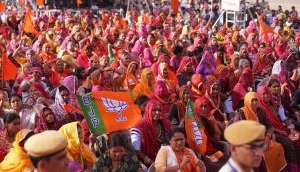



![BJP's Kapil Mishra recreates Shankar Mahadevan’s ‘Breathless’ song to highlight Delhi pollution [WATCH] BJP's Kapil Mishra recreates Shankar Mahadevan’s ‘Breathless’ song to highlight Delhi pollution [WATCH]](http://images.catchnews.com/upload/2022/11/03/kapil-mishra_240884_300x172.png)

![Anupam Kher shares pictures of his toned body on 67th birthday [MUST SEE] Anupam Kher shares pictures of his toned body on 67th birthday [MUST SEE]](http://images.catchnews.com/upload/2022/03/07/Anupam_kher_231145_300x172.jpg)


